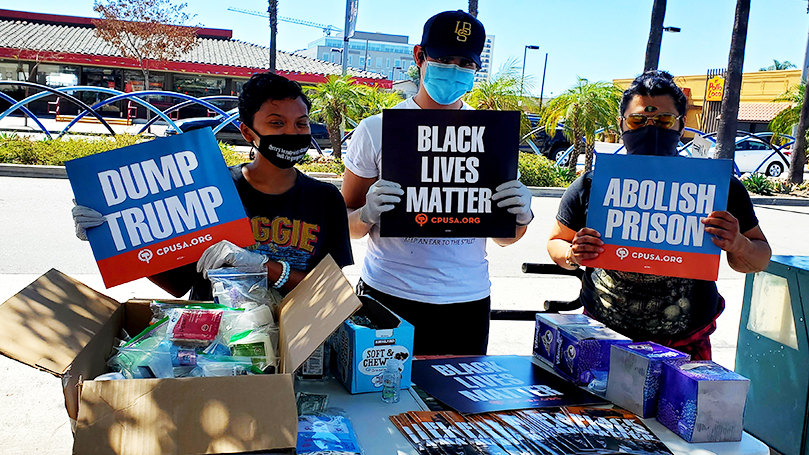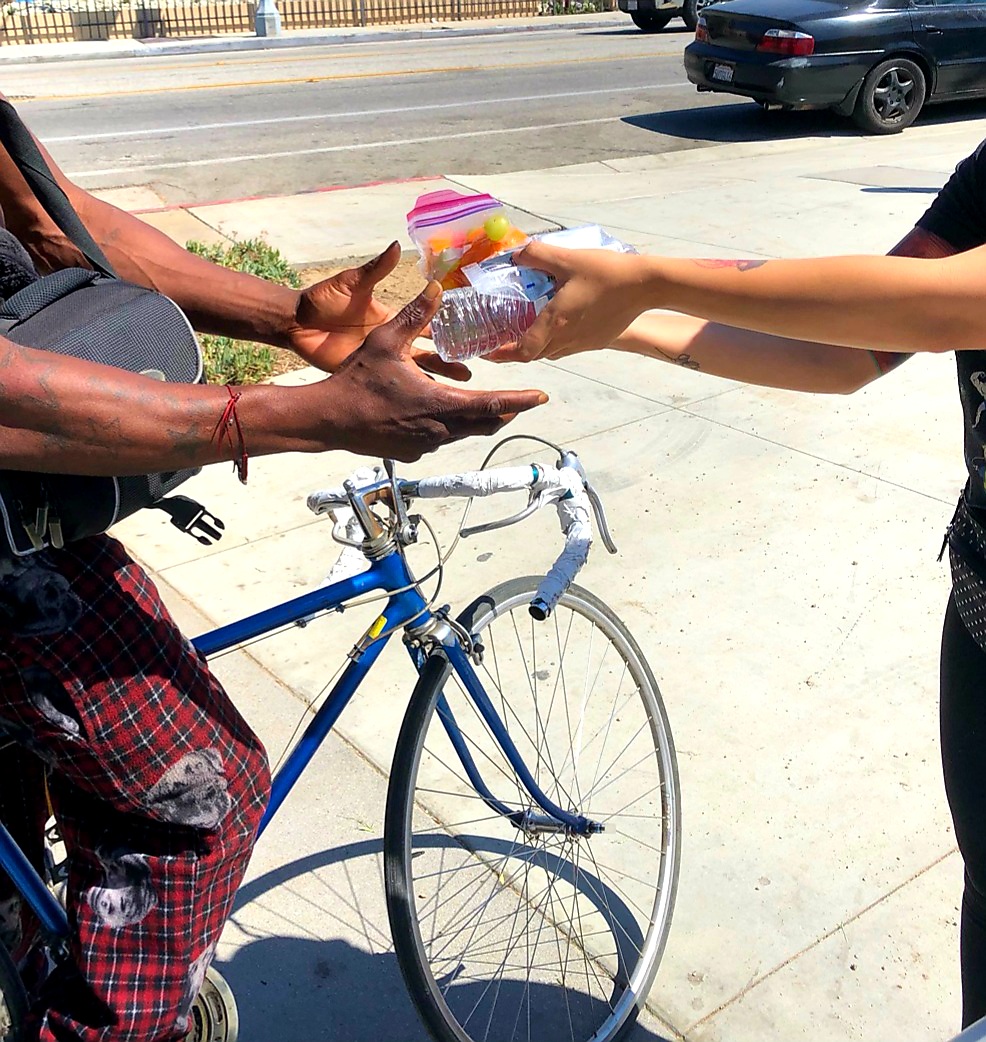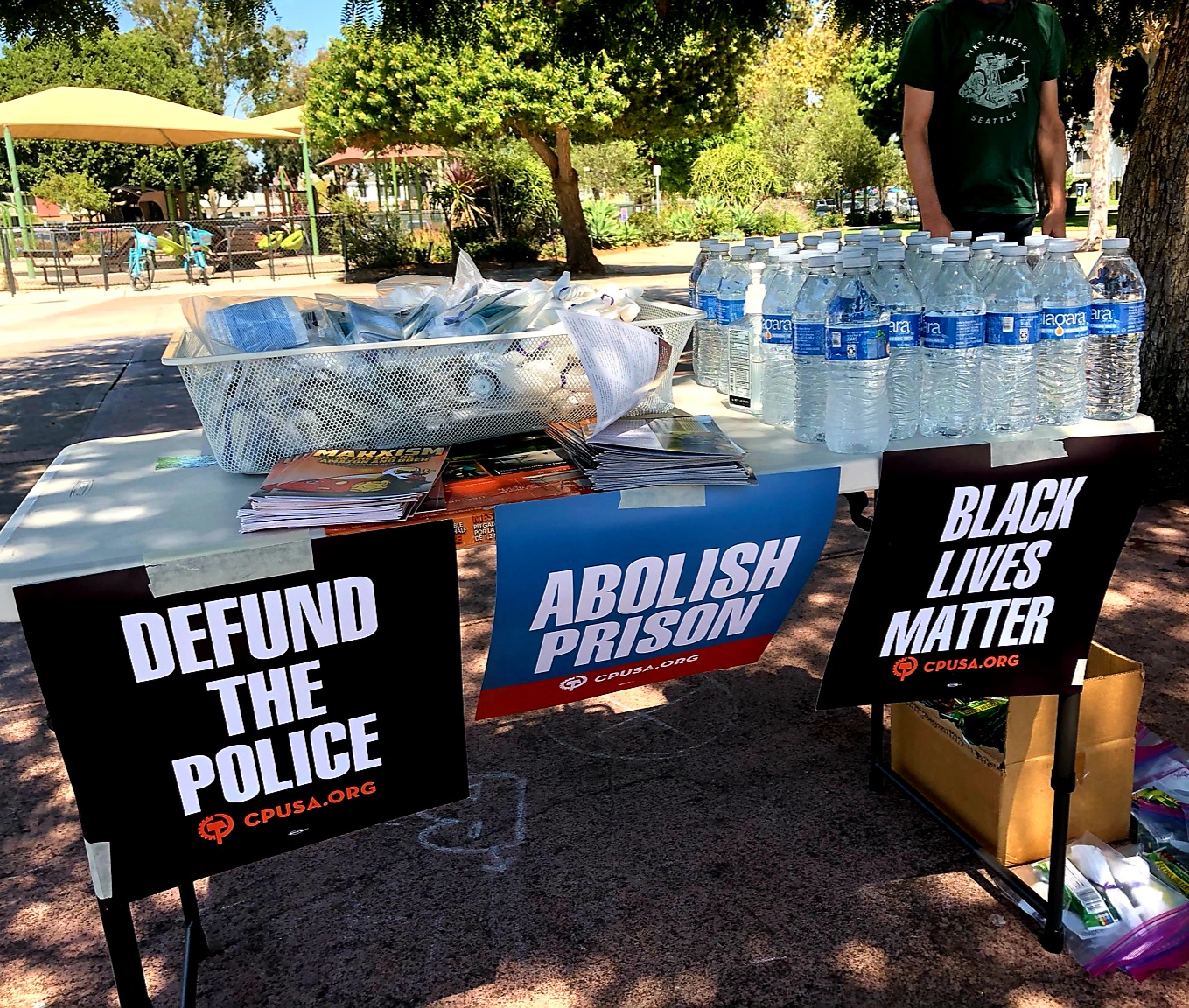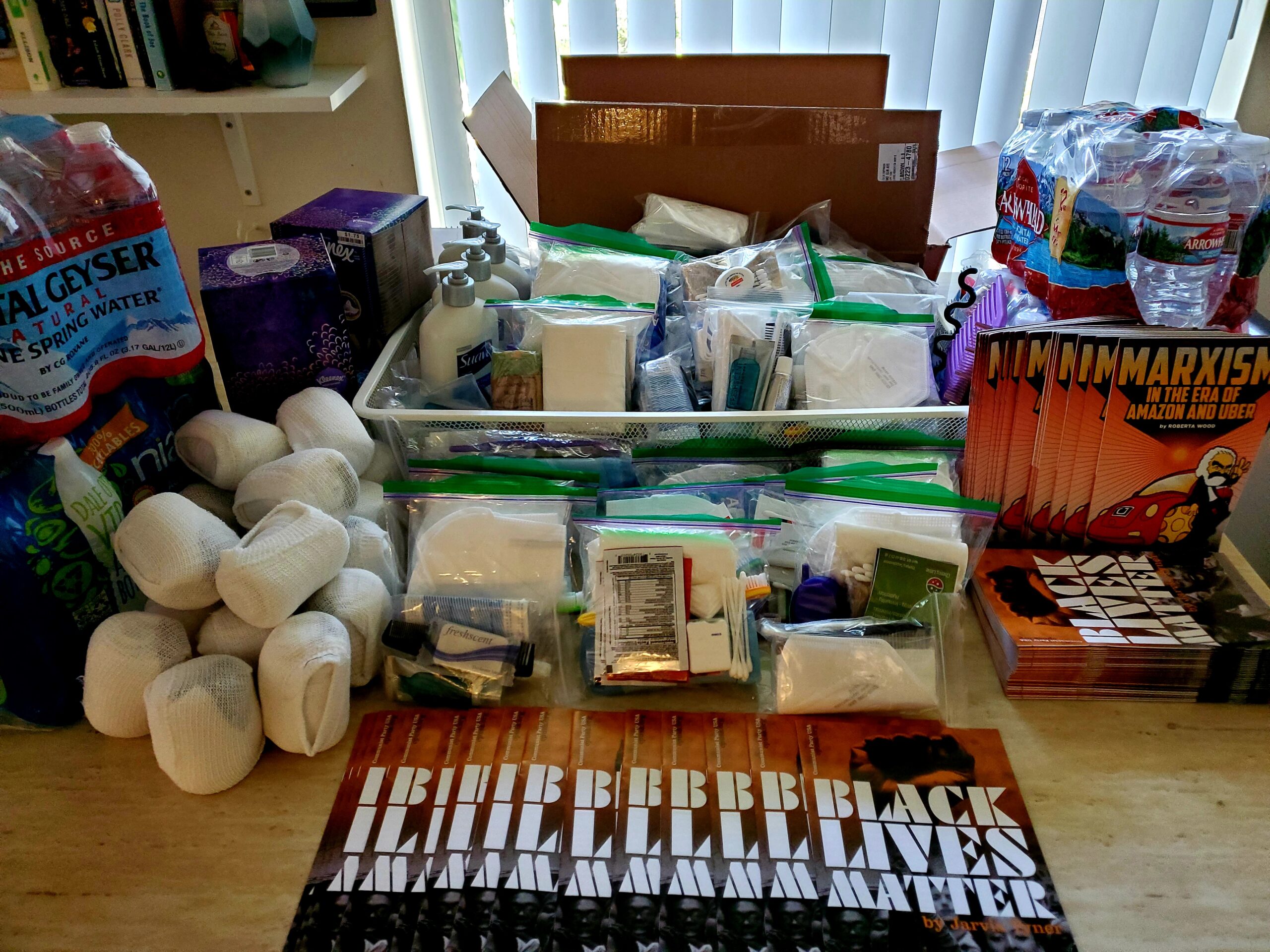
Praxis
noun, plural prax·is·es, prax·es [prak-seez].
practice, as distinguished from theory; application or use, as of knowledge or skills.
convention, habit, or custom.
a set of examples for practice.
Long Beach, California, is a unique place in many respects and a very special place in all aspects. It’s the last stop before you hit the “Orange Curtain,” a local term for the border between the politically conservative Orange County and its liberal counterpart, Los Angeles County. Long Beach is an odd sort of amalgam of San Francisco and San Diego set next to an ocean plugged up since the Second World War by The Breakwater, a great engineering feat of stone built by the U.S Navy to deter Japanese submarines but killed the waves needed for surfing.
Long Beach has its scars (for years it was more known for gangs than anything, as Freedom Writers and Snoop Dog’s backstory can attest), but any person from out of town driving up Ocean Boulevard and seeing the dimming of the western sky amidst the backdrops of the cranes in San Pedro and the sand almost invariably falls in love with the place on first glance. It’s a town where the term “multiculturalism” can’t quite describe it. “Hyperculturalism” is probably more appropriate — white neighbors mixed in with Black residents mixed in with the descendants of Cambodian refugees and Latino families, living side by side, mostly happy if not neutral towards each other, at least in this year of our antagonistic lord 2020. From the nadir of the Rodney King Riots in 1992 that burned down a college campus in Long Beach to the chic renaissance of today, Long Beach has expanded and changed — now better than it was, worse in some obvious ways, but still thriving as a SoCal Community, a community with a capital C, a place with a fierce native contingent that loves every part of it, from Belmont Shore to Bixby Knolls.
In recent years, though, it has become more upper-class bohemian than brutal — with the gentrification, the increase in “safety,” rise in rents, and the local shops replaced by other local shops of a much more bourgeois quality. It switched from being the no-man’s land of the 1990s to being the “biggest and best open secret” in Southern California, but at a heavy price: the decrease in livability for the working class. It’s a place so many have called home proudly — including a major LGBTQ community, which, suffice it to say, have made Long Beach, if not the Mecca of the gay community on the West Coast (that honor will always go to San Francisco), certainly its Medina.
As a town with a variety of different traditions, beliefs, cultures, etc., that has more or less been in some state of some harmony for some time, it comes as no surprise that a group of activists from various backgrounds have come together to do what they can for the community that still has the ultimate urban sin of homelessness, a sin that is increasing in the era of Covid-19. A sin exacerbated by the rise in rents, committed by landlords both big and small with an eye more towards profits than towards helping people. A sin that the Long Beach City Council has done little to alleviate.

Despite the passivity of the Council, one small group is helping those in need in Long Beach. The Long Beach CPUSA along with other activists have stepped up when others have stepped out; a group of regulars (Steven Estrada, Julia Estrada, Hannah Howe, Ana Garcia, Breana Marquez) along with others are not just reading Marxist-Leninist theory but also putting it into practice in the form of mutual aid for the community. Starting back in March 2019, they’ve tabled once every three weeks or so around Gumbiner Park or near the MHA Village, which is a homeless shelter, and they provide 50–60 meals made at the home of a mutual aid club member. Spending a budget of $60–80 dollars per session, they are helping many at very little cost. With these sorts of numbers in mind, it is easily seen how much can be done to help the unhoused (and how much the capitalist class is not doing for their own neighbors). The group usually makes an assortment of delicious burritos, eggs, chicken, and rice that is nourishing and goes over very well, and which is all put together in member Steven Estrada’s own apartment. Each meal is individually packed and wrapped so it wouldn’t have to be eaten on the spot. The work, it should be emphasized, may be cheaply done but not easily done, as scheduling for an eight-hour day of preparation and distribution is no stress-free task for those members of this mutual aid group who work full time and have other, strenuous commitments.

But it is a commitment that brings real dividends. Besides the numbers of the unhoused who are fed, and at times are given hygiene kits such as toothbrushes, toothpaste, combs, and lotion, there’s a chance to have genuine and positive conversations about socialism — as those in need are genuinely intrigued by the pamphlets also handed out (“Black Lives Matter,” “Marxism in the Age of Amazon,” and other introductory texts) that help explain why the unhoused are put into the position they are in. Socialism, it would seem, is a topic of hope and understanding, and those who are in what would seem to be hopeless situations grasp it better than most. The days of knee-jerk reaction to the words “Marxism” and “socialism” seem to be nearly gone; for the unhoused living in a capitalist dystopia, these ideas make all the more sense than they did in Joe McCarthy’s America.
Unlike groups in other cities, the Long Beach mutual aid collective faces little to no harassment by the police, but witness it consistently against those they are trying to feed and comfort. Guns being drawn by police officers enforcing whatever meaningless regulation is an all-too-common sight. For those around this part of Long Beach boulevard next to the Walgreens, the heavy hand of the LBPD is always in the open and ready to strike.

Nevertheless, the project has gone so far, so good, with the local party growing. Not content to just learn theory, the group has also engaged in praxis, and the distribution of food and hygiene kits in the city of Long Beach has to be one of the finest examples of what the people can do when working together and not against each other. A regular clothing drive has also started (through the help of Breana Marquez), as well as other elements of political education. Some club members are also fighting for the rights of renters — those who are lucky to still have a home, but face on a constant basis the depredations of landlords looking to increase their rates or to evict families and push them into the ranks of the unhoused.
In the end, the Long Beach CPUSA has over the course of a year started a small movement for change in the International City, as Long Beach is known. But just like a pebble can start an avalanche, a small movement like this can create change, even in one of the biggest cities in California. And it is.
If you would like to help out with donations, go to LBCP USA Venmo or LBCP USA Cash App.
For direct contact with the mutual aid group: socallb@cpusa.org.


 Join Now
Join Now